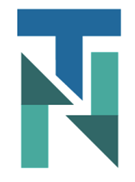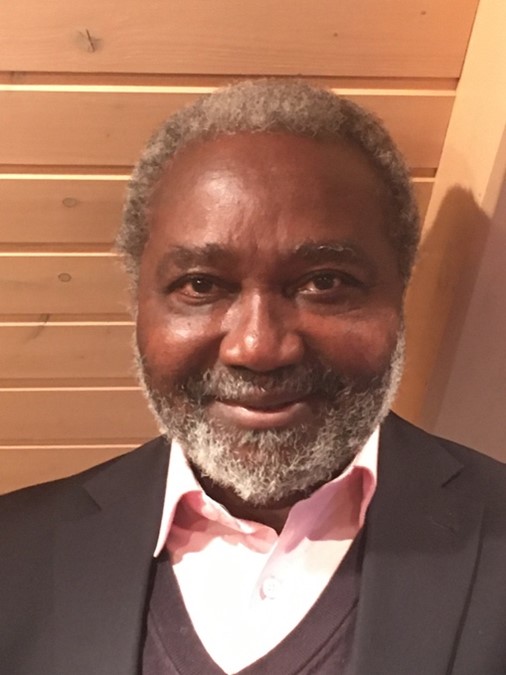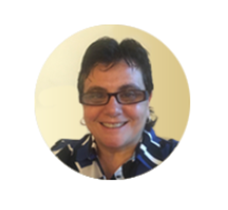

About Professor Yunkap Kwankam
Prof. S. Yunkap Kwankam is a world-renowned expert on digital health. He holds a Ph.D. in electrical engineering and was elected to the following American honor associations: Eta Kappa Nu (Electrical Engineering), Tau Beta Pi (Engineering) and Sigma Xi (Research). He is currently CEO of Global eHealth Consultants, a Geneva-based consultancy, which has developed national digital health policies and strategies for several countries and international organizations. He is Chairman of the Board of Telenethealth International, a startup in the remote patient monitoring field. He is also Executive Director, International Society for Telemedicine and eHealth (ISfTeH), and serves, or has served, on several digital health advisory bodies including: Global Alliance for Health and Social Compact Advisory Board; World Economic Forum’s Global Agenda Council on Digital Health; Innovation Working Group Task Force on the Global Knowledge Commons for m-eHealth (Co-Chair); International Council of Nurses eHealth Strategy Advisory Group, Mobile Health Global Advisory Committee, of the Mobile World Capital’s mHealth Competence Center, Barcelona, Spain; Care Innovation Corporation (Chief Innovation Adviser); African Development Bank eHealth Awards Committee (Co-Chair); WHO-PMNCH Advisory group on ICT for health; and SatelLife Board of Directors. As founding eHealth Coordinator at the World Health Organization HQ, Geneva (2004 – 2008), he was responsible for overall coordination of eHealth across the Organization, and Executive Head of the Global Observatory for eHealth (GOe). Before joining WHO in 2001, he was Professor and Director, Center for Health Technology, University of Yaoundé, Cameroon. He has also served as a consultant to WHO, ITU, UNIDO, the World Bank, and the US National Library of Medicine (NLM).

About Dr. Thais Russomano
Prof. Thais Russomano graduated in medicine from the Federal University of Pelotas, Brazil (1985) and worked in internal and emergency medicine until 2005. She also has a Master’s Degree in Aerospace Medicine – Wright State University, USA (1991), and a PhD in Space Physiology – King’s College London (1998). She worked for 3 years as a Space Scientist at the Institute of Aerospace Medicine, German Aerospace Centre (DLR) in Cologne, Germany, before founding the Microgravity Centre, PUCRS, a unique international reference centre in the study of human space physiology and space biomedical engineering, which she coordinated for 18 years. Thais has been linked to King’s College London in different academic positions since her PhD in 1994, having acted at CHAPS, Faculty of Life Sciences and Medicine, King’s College London, as the Deputy Course Director/ Senior Lecturer of the Space Physiology & Health MSc degree course (2009-2020). In addition, she is a visiting professor at Aalto University, Finland, in Space & Design, Deggendorf Institute of Technology, European Campus, Germany, contributing to the MSc in Medical Informatics, UFCSPA in Porto Alegre, Brazil, in the areas of human phys in extreme environments & digital health, and the Faculty of Medicine at the Univ of Lisbon in space phys & aviation medicine (CEMA). She is also a founder and the CEO of InnovaSpace UK, and a member of Telenetheatth. Thais has more than 30 years of experience teaching and researching in the fields of Aerospace Medicine, Space Physiology, Aerospace Biomedicine, Aerospace Biomedical Engineering and TeleHealth & Digital Health, including participation in 200+ scientific events with 300+ scientific papers presented. She has also authored books, book chapters and numerous papers in her areas of expertise. Thais is an Elected Academician of the International Academy of Aviation and Space Medicine (IAASM), and the International Academy of Astronautics (IAA), for which she serves on the Board of Trustees (2019-2023) and IAA Scientific and Publication & Communication Committees (2021-2023). She is also a member of international associations and societies in space, aviation and telehealth (ISfTeH), a Board Member of companies, reviewer for journals and acts as a Review Editor at Frontiers in Space Technologies, and further holds patents related to Space Life Sciences and Aerospace Biomedical Engineering. Thais acted as a voluntary Mentor for Space4Women, an initiative of the United Nations Office for Outer Space Affairs (UNOOSA, 2020-2021).

About Telenethealth
The TelenetDoctorᵀᴹ platform provides interactive continuous patient monitoring through precise fusion of advanced software solutions and latest medical technologies. This fusion results in affordable, cost-effective, accessible and efficient health care delivery. By these means, expensive hospital stays, hospital readmissions and costly visits to the emergency departments will be vastly reduced if not completely eliminated. Visit https://telenethealth.com/
MTDHN: Tell us how you got involved with Telenethealth. Why did you start the company and how has it been evolving?
Yunlap Kwankam (YK): I joined almost four years ago, and Thais came on board in 2018. Up until 2008, I worked at the World Health Organization (WHO) in Geneva, where I was chief of e-health, which we defined operationally as using information and communication technology for health. I saw a lot of Information and Communication Technology (ICT) being used in the health sector to improve almost all aspects of health.
When I came across TelenetDoctor, I was invited to join the advisory board and saw that it was the right platform at the right time because it captures individual data continuously. Most people’s health records are very spotty, and it addresses that information gap.
TelenetDoctor has the ability to remotely capture data and monitor people’s health and capture information from any medical device to be accessed on our platform. Let’s say you have a blood pressure monitor or glucose meter. Whatever medical device you have, this information can be logged into the TelenetDoctor platform and available for health professionals so that they are better informed about your health history.
Thais Russomano (TR): It also sends alerts to the patient or doctor about potential health issues related to vital signs to help them stay compliant with medication or alter the dose. It also sends an alert to remind the patient to take a medication. It improves follow-up of the patient by helping them keep track of taking meds when and in what way. For example, with or without food.
YK: In addition to chronic care, it’s an interactive, preventive platform that helps users stay healthy. It also enables caregivers to push vetted information to their patients about anything of interest to them and their condition or information the doctor might want to know about the patient. In this way, it helps to educate both providers and patients.
The system also checks for drug interactions when a new one is prescribed to mitigate adverse reactions. Because of the pandemic, telehealth and remote monitoring are critical. Our platform offers a teleneting consultation to secure appoints and record the doctor visit.
MTDHN: Who are your clients?
YK: Physicians, employers, insurers and government entities across the public, private, for-profit or not-for-profit sectors.
MTDHN: How do people find out about you?
YK: When we go into a country, we look for a local partner, preferably one that has already engaged with the health sector in that market. We partner with them and use their local knowledge of the system to tweak the software, such as the variance on standardized forms of treating even common conditions.
MTDHN: What are the target countries and how do you handle the language differentials in different countries?
TR: If you work internationally, you must adapt your systems to the technology, healthcare systems and culture. The platform is comprehensive and flexible in terms of adapting to different countries. We also adapt to the market and economy. As a medical doctor, I’ve been exposed to many different types of digital health technology and systems. For me, this is the most comprehensive and flexible one.
Our first goal was to insert the TelenetDoctor for cruise ship passengers, airplane passengers or astronauts or passengers in space to manage emergencies or an acute medical occurrence.
MTDHN: Are you targeting underserved populations?
YK: Definitely. We see it as a last mile link in the world of care. For instance, say there is no resident physician in a small village. You could train a village health worker who could go from compound to compound and provide services and capture data while being remotely connected through the internet. If there’s no internet they can connect through the mobile network to a more specialized or more highly trained person to enable a consultation for difficult cases. This tool provides more services to people further down the base of the healthcare pyramid.
MTDHN: In those locations and those demographics, is the access to technology a significant challenge?
YK: It definitely is. Fortunately, one technology that’s quite well disseminated is the cell phone. You can reach just about everybody through the cell phone. That helps mitigate that challenge. In many cases, more than one person is being served by one cell phone.
As to the connectivity itself, mobile network connectivity is becoming more widely available even in the remotest parts of world. This is a key platform for providing, as Archbishop Desmond Tutu put it, access to social justice.
MTDHN: Is cost an issue? Is there standard pricing?
YK: It’s definitely differential pricing because the cost of providing care is very much linked to the local economy.